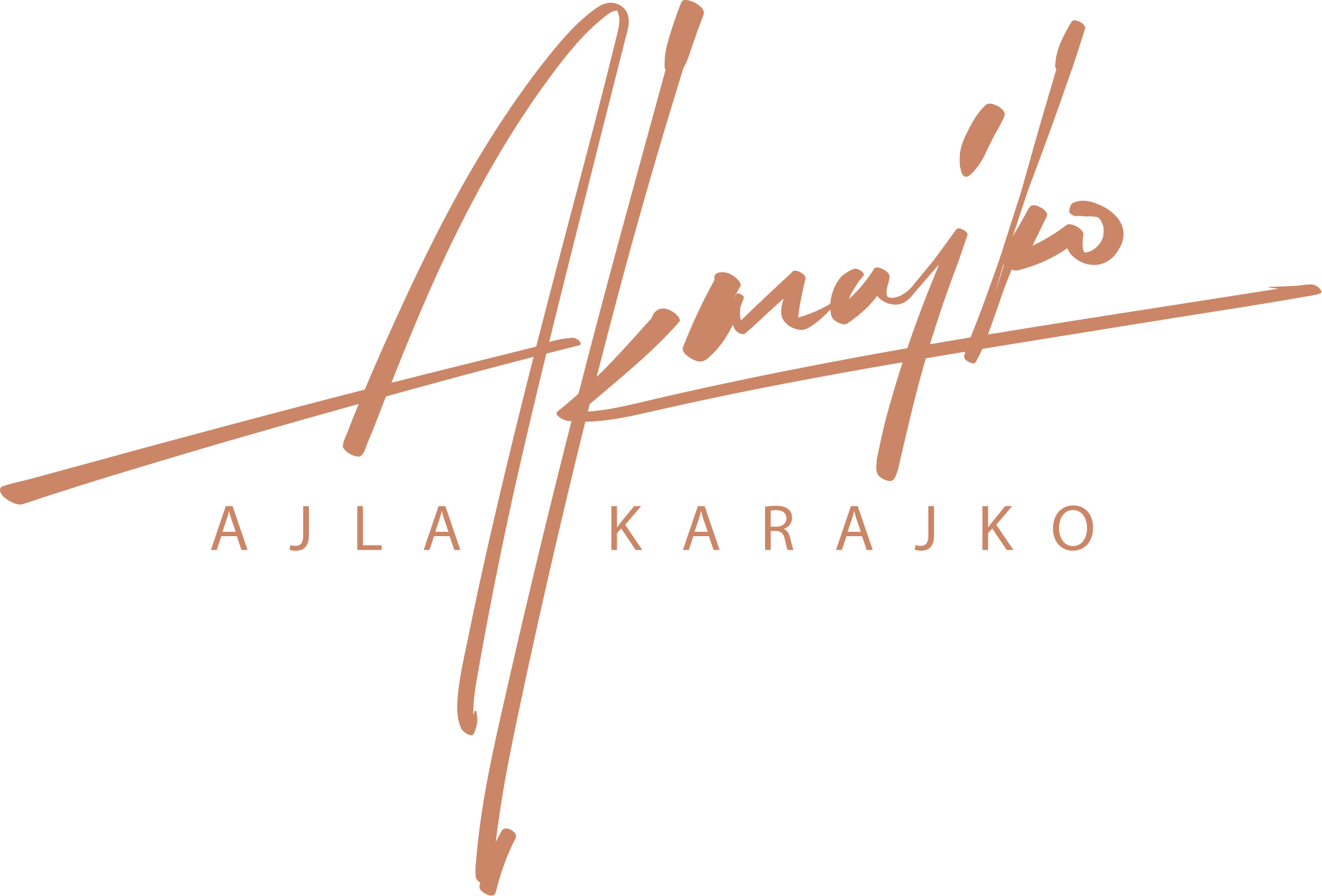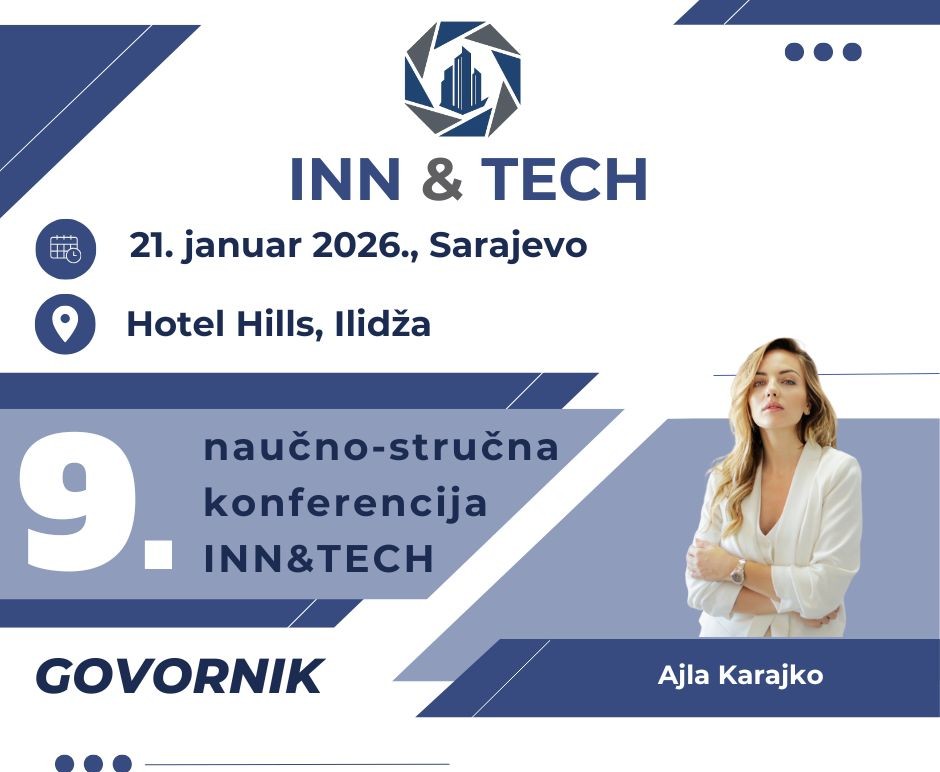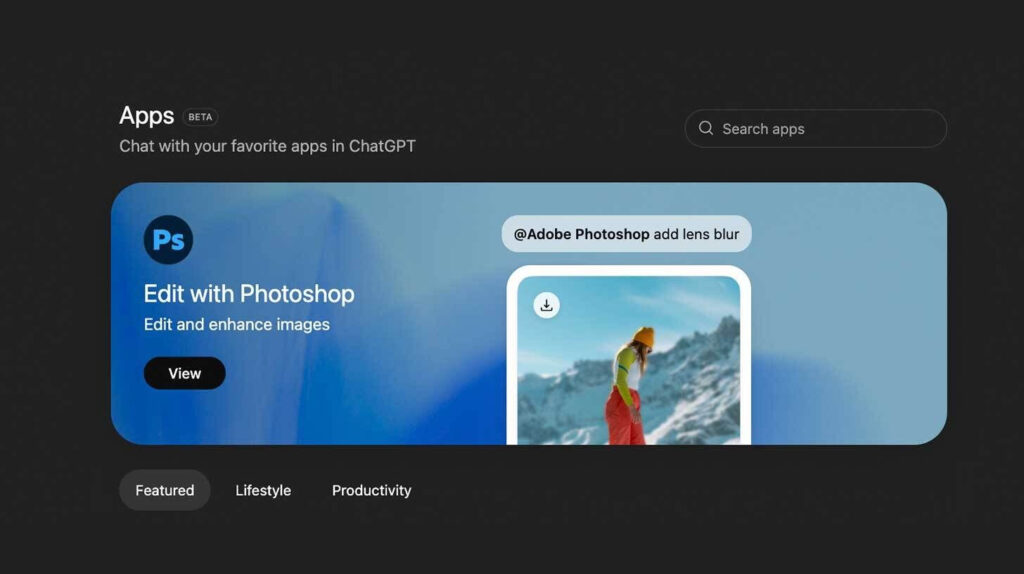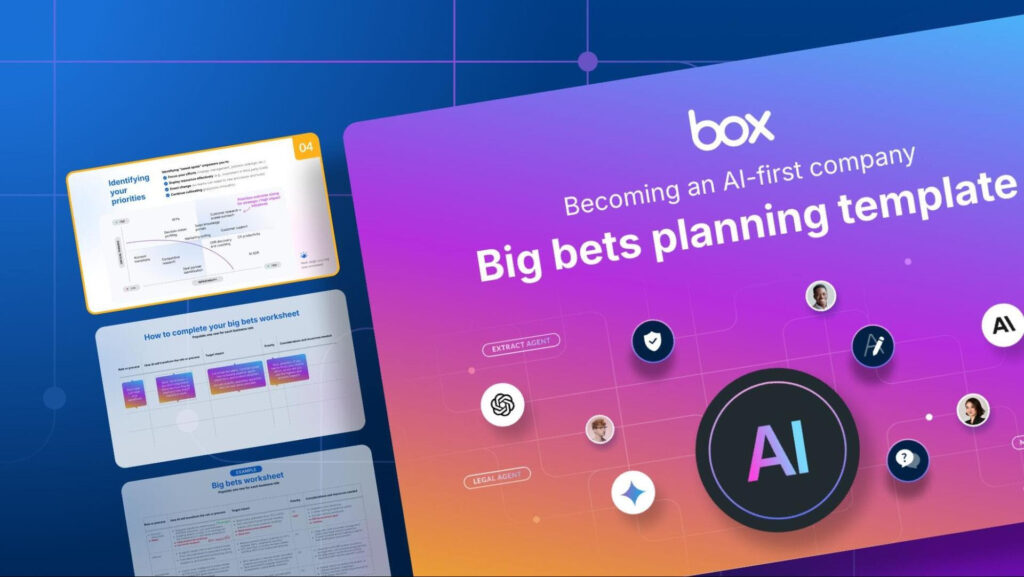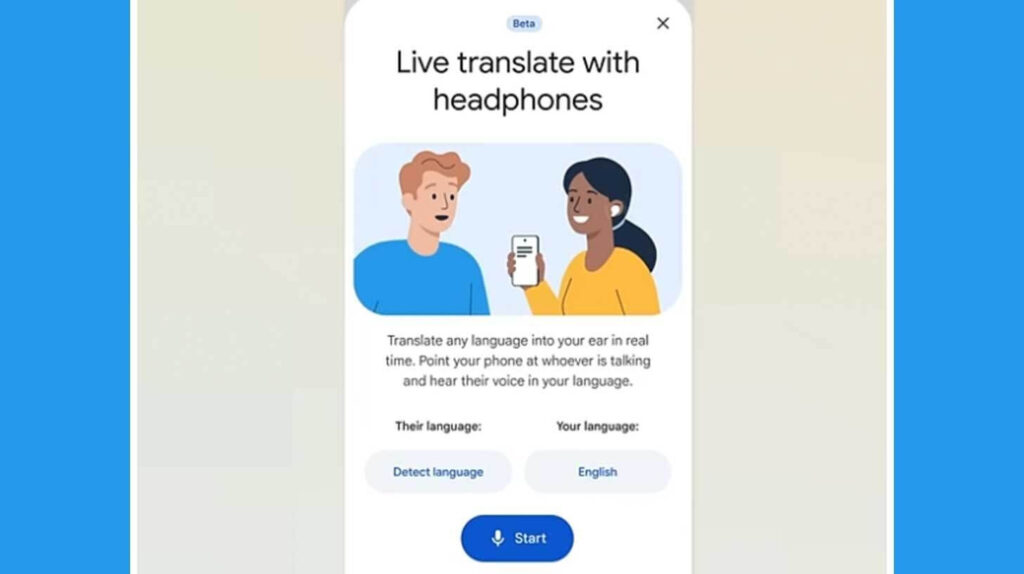Founder of Oculus and current Anduril CEO, Palmer Luckey, has unveiled EagleEye — an advanced mixed-reality system that transforms military helmets into real-time command centers.
The helmet uses AI and augmented reality to project tactical layers of information directly into the soldier’s field of view: enemy positions, live drone video feeds, and threat alerts. Through voice commands and hand gestures, soldiers can control drones and robots without ever looking away from their target.
There are several variants of the EagleEye system — from lightweight visors to fully ballistic helmets ready for combat. In practice, this system is expected to replace Microsoft’s failed IVAS project, offering a solution that soldiers actually want to wear.
Inside the helmet is an AI “guardian angel” copilot that filters communication, identifies threats, and reacts before a human can even register them.
The project is backed by Meta, Qualcomm, Oakley, and Gentex, with the U.S. Army already approving 159 million dollars for production. For Palmer Luckey, this marks a return to the VR world — but this time, not for entertainment, rather to merge technology with the realities of warfare.
If EagleEye succeeds where Microsoft’s system fell short, soldiers could soon be wearing AI assistants directly on their heads — literally turning their field of vision into the battle HUD of the future.
In brief: Tech World Highlights
• Firefly Aerospace’s hopes for a rapid Alpha rocket launch mission have been dashed after an explosion during testing.
• Elon Musk revealed that his company xAI is developing “Grokipedia,” which he claims will be a “major leap forward” from Wikipedia and a step toward “understanding the universe.”
• Microsoft introduced Agent Mode in Excel and Word, along with Office Agent in Copilot, enabling the creation of tables, documents, and presentations via text commands.
• Opera launched Neon, a new AI browser capable of autonomously performing actions on behalf of the user, available through a premium waitlist subscription.
• Meta acquired Rivos, a chip development startup, aiming to accelerate its in-house AI chip production and reduce reliance on Nvidia.
AI Trending Tools:
• Octave 2 – Hume AI’s advanced multilingual next-generation text-to-speech model.
• Comet – Perplexity’s “AI-first” browser, now available to all users.
• Tinker – A fine-tuning API for language models developed by Thinking Machines.
